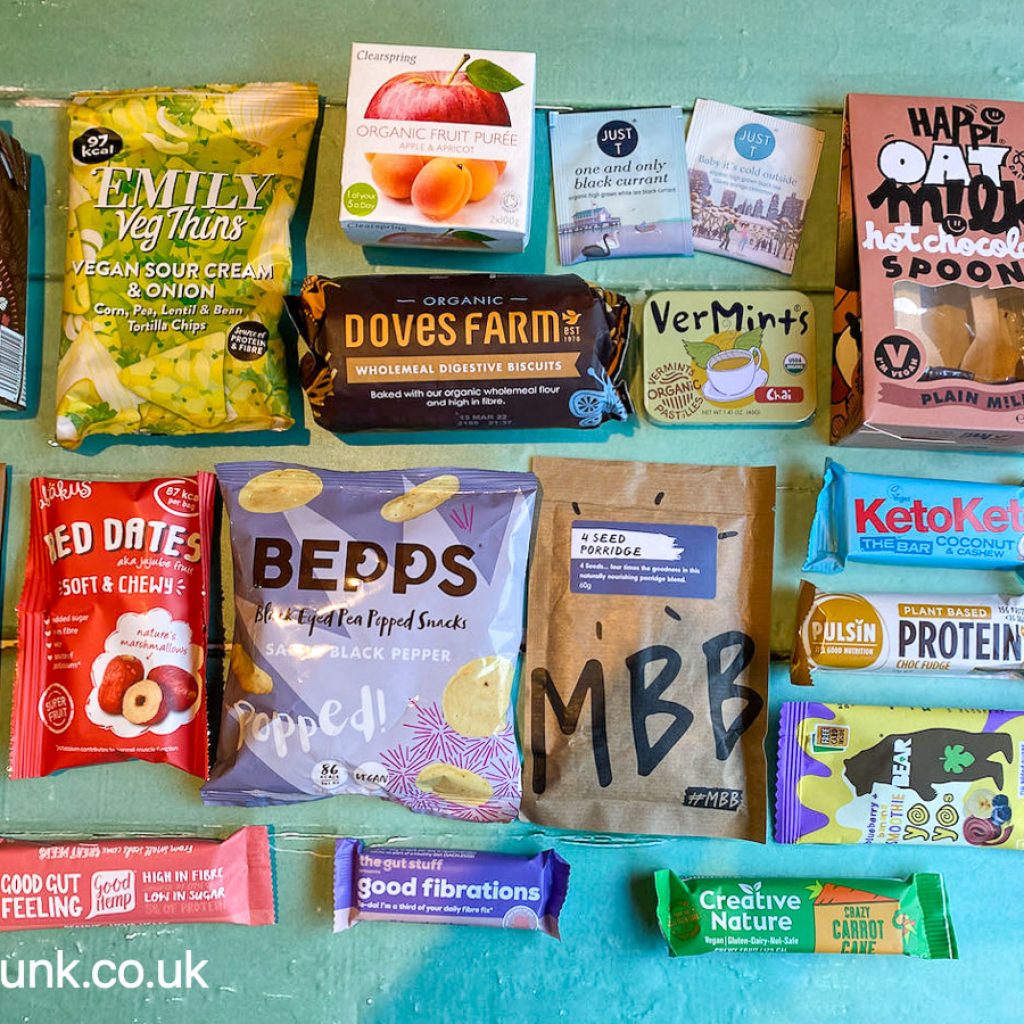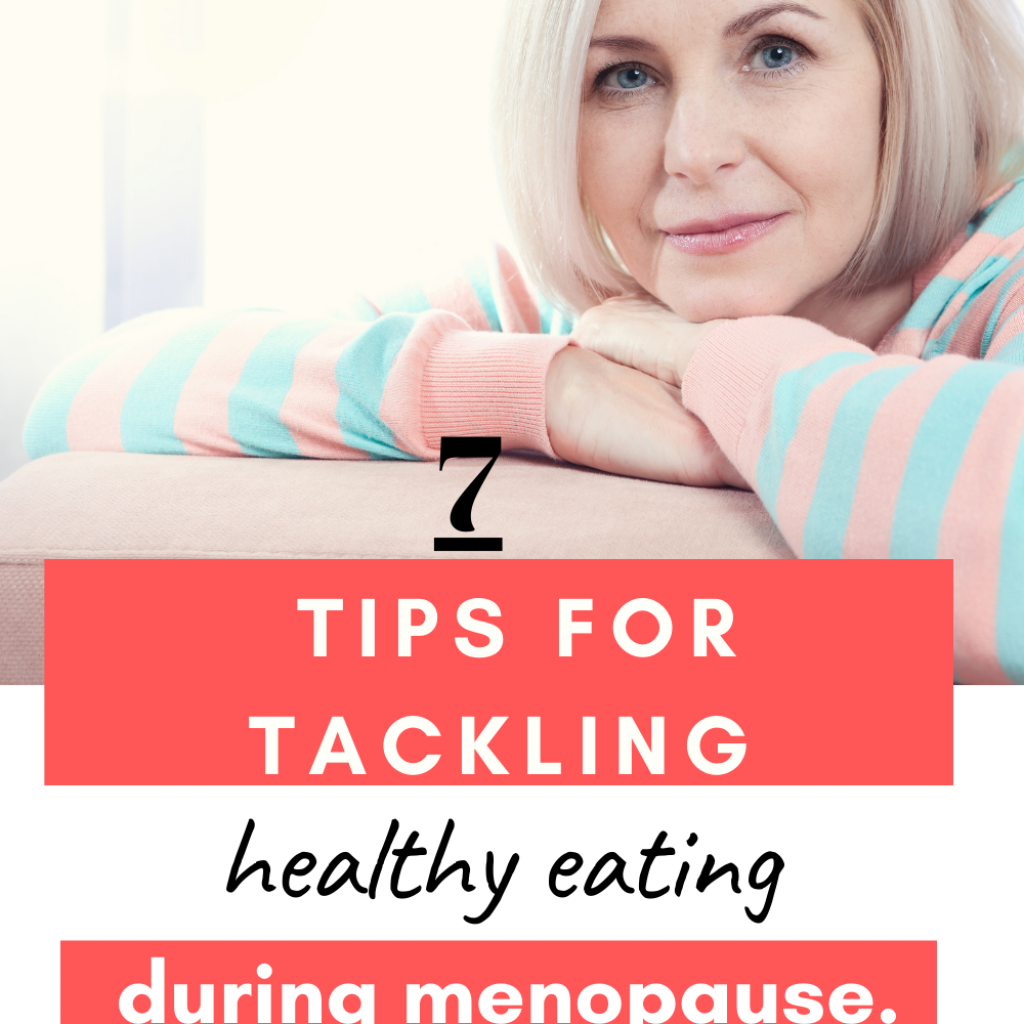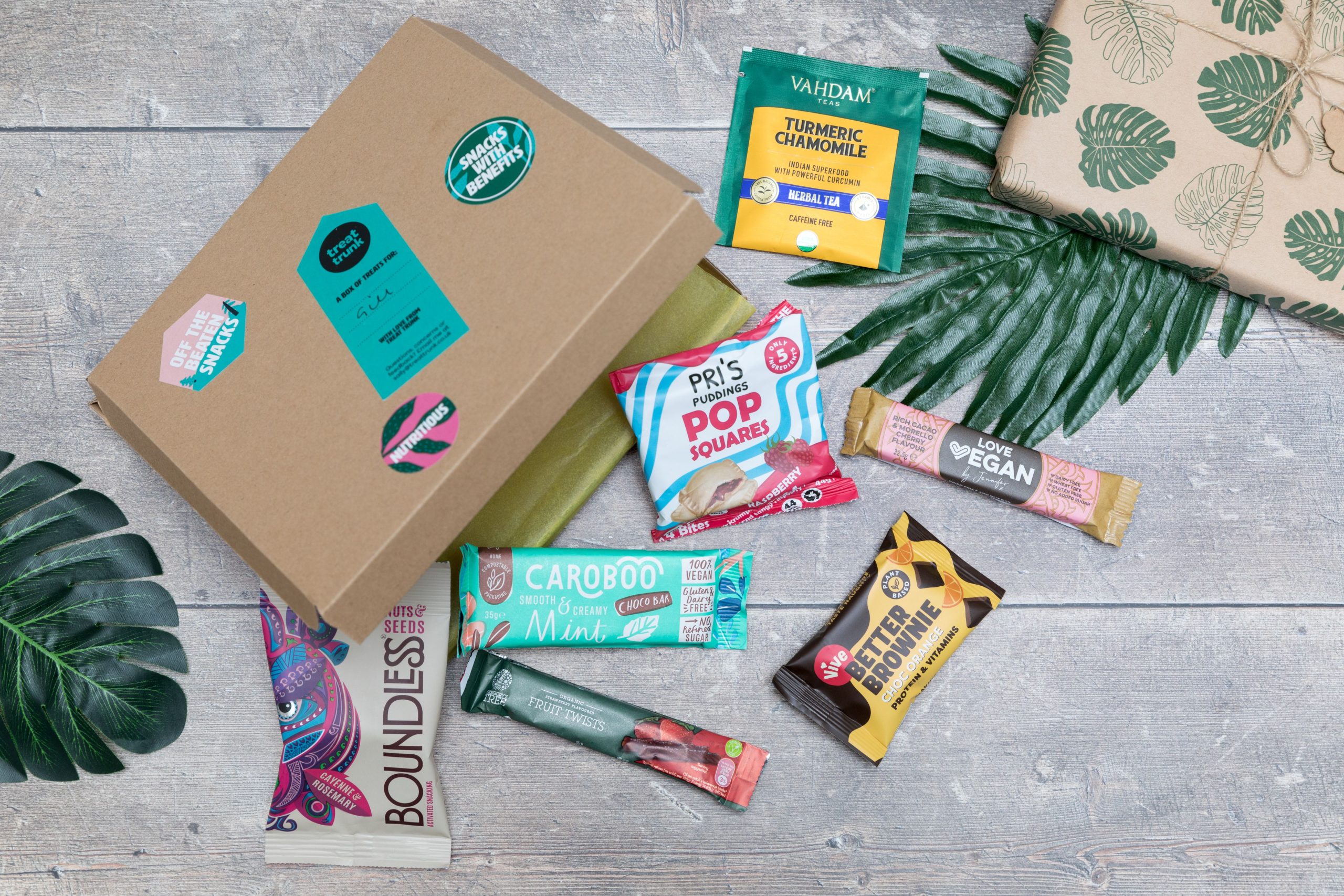
With many of us talking about menopause and how it impacts us, we wanted today to chat specifically about menopause and nutrition and our top tips for tackling healthy earing during menopause. Menopause, which usually happens between the ages of 45 – 55, brings with it unique challenges and symptoms.
Caused by a decrease in hormone production in the ovaries, there are different types of menopause symptoms depending on where you are in your menopausal journey; the most common symptom for women is night flashes, along with things like fatigue and brain fog.
You might find that diet and nutrition tips that worked for you before menopause may not now-or you need to add extra foods or supplements into your routine to support your body during this time.
Meera Bhogal, who specialises in menopause health and is the writer of Don’t Pause for Menopause: Your Guide to Optimum Menopause Health, shares her top tips for tackling healthy eating during menopause.
Reducing sugar from processed or refined foods can really help to reduce the risk of insulin spikes in your day. We know diabetes can be particularly prevalent in menopausal women so ensuring you eat regularly, as well as tucking into plenty of wholegrains that are slow-releasing and won’t spike your sugar levels, is really important.
Collagen is a protein that can be found in the body, and it’s also what makes up the connective tissues in our skin. It’s a key element to keeping our skin looking youthful and healthy.
Some benefits of collagen include: making your skin look plumper, reducing wrinkles, improving elasticity, and even helping with the gut lining.

It’s so important to eat enough. There is no right and wrong way to eat, so smaller snacks through the day or 3 meals a day but leaving a gap between meals of 2-3 hours can help promote certain gut-friendly bacteria to work their magic. Getting enough good fuel/ calories/nutrients from our food will help us to feel between and keep brain fog at bay. It’s also about balancing our blood sugar through the day with whole foods to prevent that afternoon slump and insulin spikes. Each snack/meal should have protein, fibre and fat
Of course, we don’t want to simply snack on sugary treats-so why not subscribe to one of our healthy snack boxes to ensure you’ve got all your snacking needs covered?
Whilst some might struggle with menopause weight gain but we need healthy fats for all kinds of things, so don’t assume low fat is necessarily good for you.
In fact, there are many benefits of eating healthy fats. For example, eating healthy fats can help you lose weight and lower your risk of developing heart disease.
Oily fish or avocado are both great for good fats.
Fibre is really important for our digestive system. It helps to make bowel movements easier, prevents constipation, and helps us feel full. Fibre also helps to lower cholesterol levels by binding with bile acids in the intestines, which are then excreted from the body. This is particularly important for menopause when we might notice bowel changes and we’re at more at risk for things like bowel cancer and high cholesterol.
I truly believe that we must base our need for supplementation on evidence from a blood test. There is no need to take any supplements unless we know we actually need them. So save your money and get a test first. Then you can be sure you are only taking what you need.
In terms of ones that might be helpful, these include Vitamin D, magnesium, zinc, and collagen. But we can get some of these from foods too: For example, Brazil nuts are a great source of minerals such as choline, zinc, and selenium,
Protein is an important macronutrient that the body needs to function. It helps with muscle development, repair and growth, cell repair and maintenance, bone formation, and energy production. Protein is found in all types of foods like meat, fish, eggs, dairy products, and beans.
Some of the benefits of protein are that it helps with our muscle development and energy production.
It doesn’t have to be meat: you might have an omelet for breakfast or make a smoothie with plant-based protein powder, chia seeds and nut milk.
Struggling to get started with healthy eating during menopause? Check out our healthy snack subscriptions and visit Meera’s site for more info.


© Copyright 2025 Treat Trunk™️ | Web Design by Ribble Digital and jgreen3d